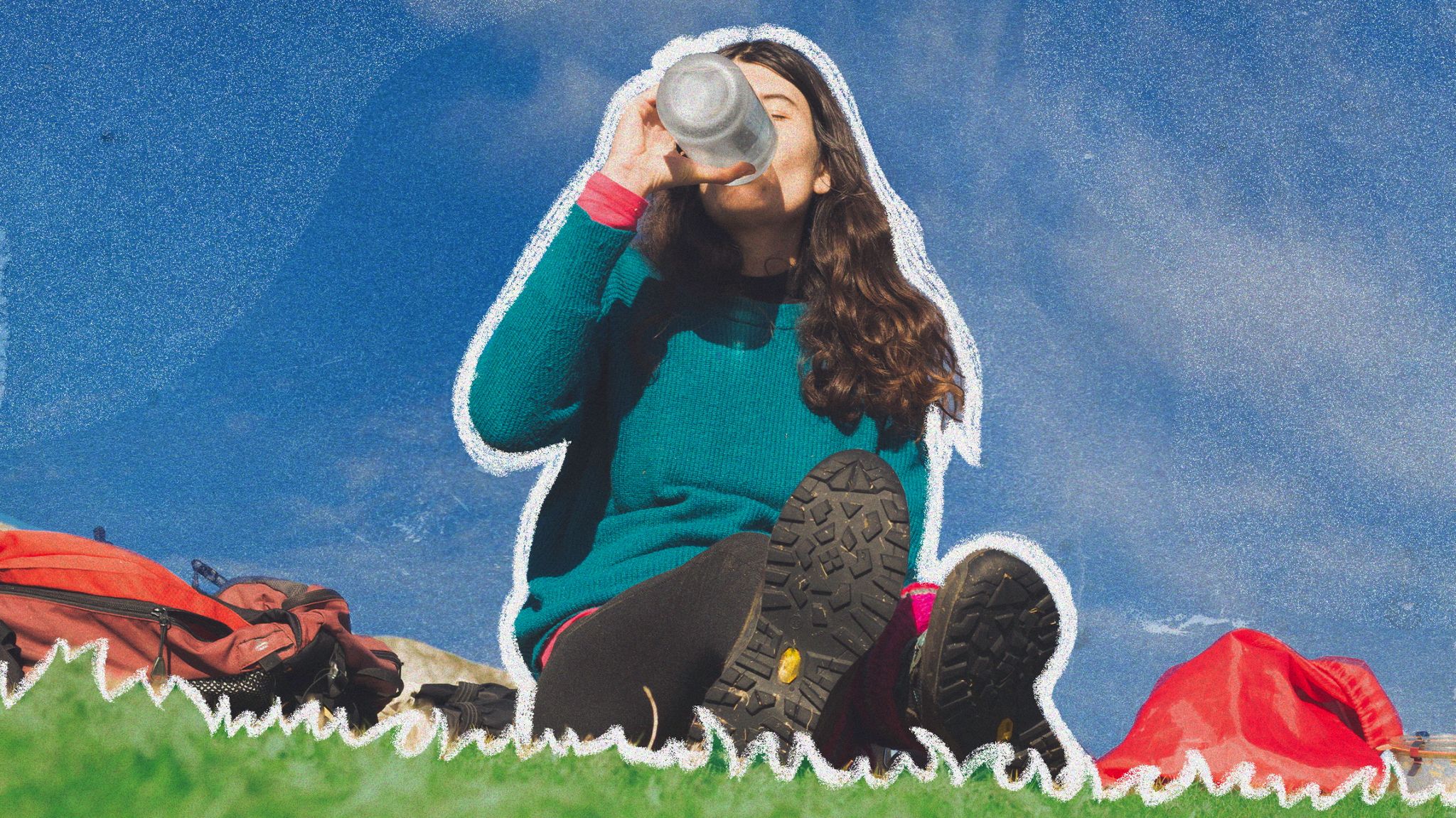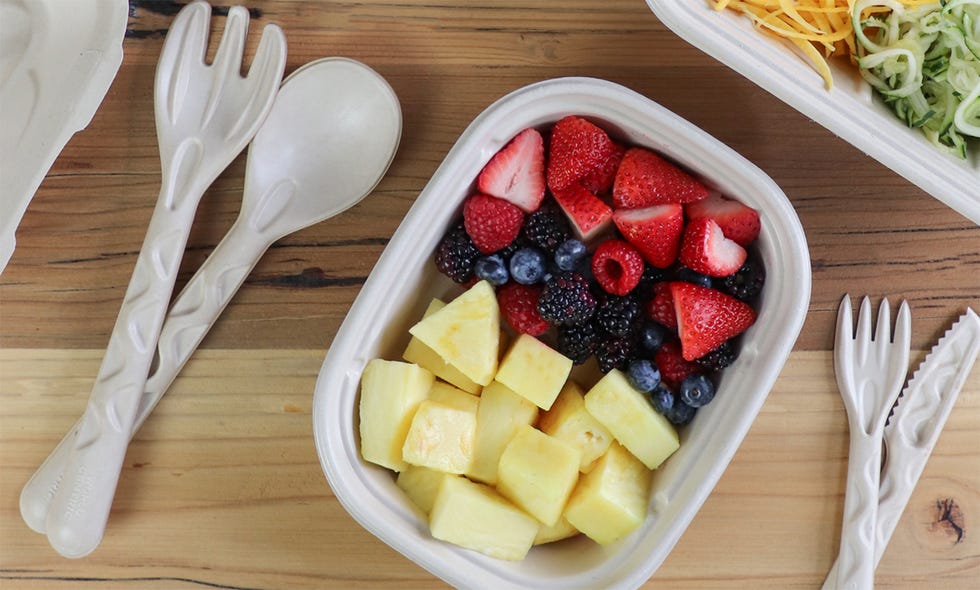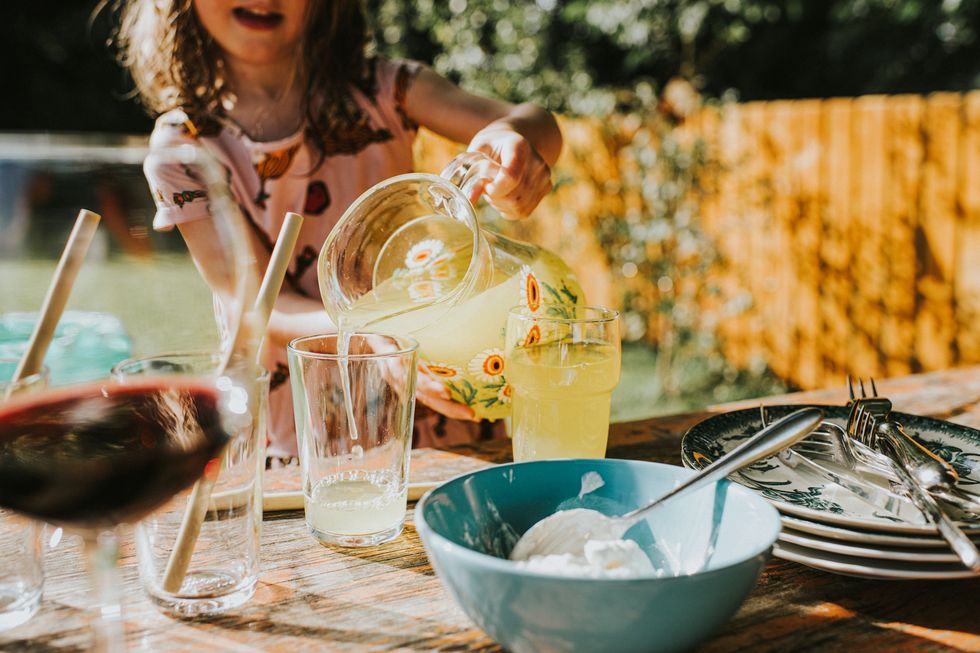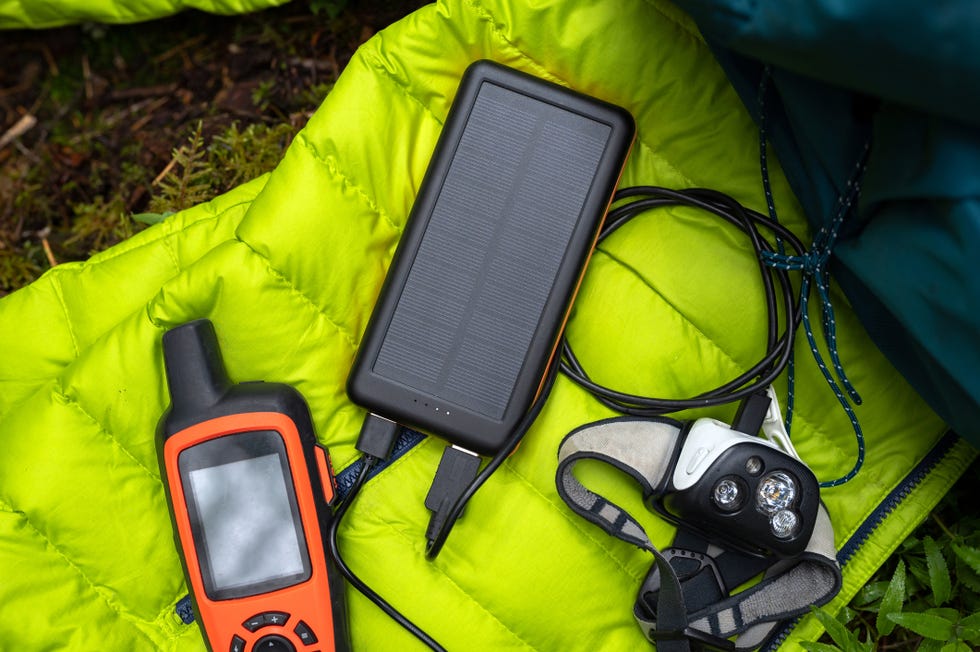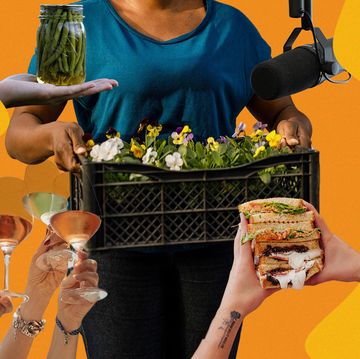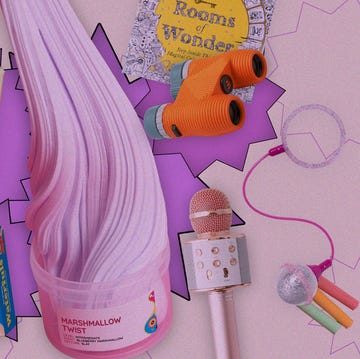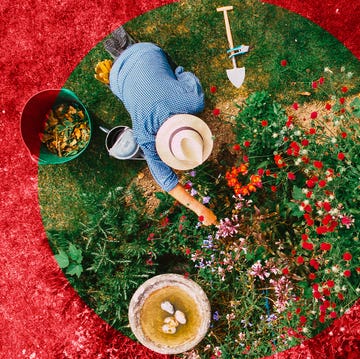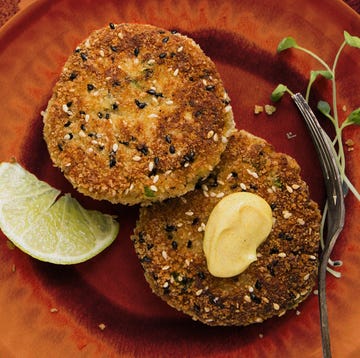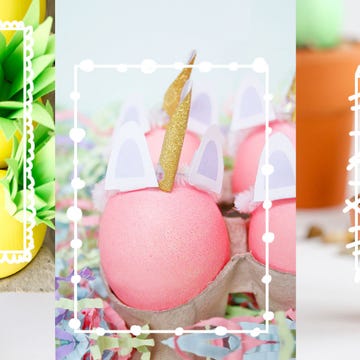When the weather is perfect and you’re ready to party, it’s easy to fall into convenient yet wasteful habits while packing for an outdoor trip or planning a backyard blowout. You may believe plastic goods are dandy because they make life easier, but they actually do more harm than good.
Plastic takes up to 1,000 years to decompose. It’s not only dangerous for the health of the planet but also for personal health. In a 2019 study, the World Wildlife Fund uncovered that humans could be swallowing an average of five grams — an amount about the equivalent of one credit card — in microplastics every week. By 2050, there will be more plastic in the ocean than fish. The good news is that there are small actions you can take to make a positive, lasting impact.
Plastic-Free July is an international effort happening all month long, and you can join the initiative by taking the pledge and challenging yourself and your loved ones to reduce your plastic consumption on camping trips, picnics, hikes, and beach days. Erin Levine, resource recovery manager at World Centric, offers several suggestions on how to easily reduce, reuse, and recycle this season.
Food
Become a strategic shopper, and buy fresh and whole foods to avoid unnecessary or additional packaging. “A lot of our prepared food comes in plastic packaging,” Levine notes. You can cut back on waste by purchasing watermelon or pineapple au naturel and taking the time to cut it up to your liking as opposed to buying plastic containers with cubed fruit. It’s cheaper, healthier, and tastes more delicious. (Don’t forget your reusable tote bag.)
Bottles
Going for a walk or a hike? Ditch the single-use plastic water bottle, and opt for a reusable one. “You can consume water in a reusable glass,” Levine says. There are endless options when it comes to finding a bottle that will fit your out-and-about needs, such as a self-purifying water bottle if you’ll be out in nature or a fruit infuser bottle if you want to add some flavor.
Utensils and Serving Ware
When plotting a picnic or barbecue, skip plastic dishes and cutlery, and go all out on cups, plates, straws, and utensils made of durable, multiuse materials. “Stainless steel or things made from bamboo are great alternative swaps,” Levine says. If you don’t feel like hauling these items back home, purchase utensils and serving ware made of paper or compostable materials derived from renewable plants that you can responsibly discard. And try swapping paper towels and napkins with lightweight, re-washable linens.
Beverages
For a refreshing summer sipper, make your own lemonade, and bring it in a mason jar, reusable bottle, or refillable jug. If you go the store-bought route for beverages, always opt for aluminum, which is readily recyclable and a better alternative to plastic. “Make sure that it’s clean, dry, and empty,” Levine says, “and you’re placing it in the appropriate recycling bin.” When it comes to straws, bring a reusable one, or opt for paper or other non-plastic varieties — or skip them altogether.
Snacks
Craving a healthy treat? Buy trail mix and other bite-size nibbles in bulk, and pack them in your own jars or containers. Levine also recommends swapping plastic sandwich and freezer baggies for reusable silicone pouches, which also take up less space in your bag. “You could just wash them again and again,” Levine says, “so you eliminate the need to spend all the money on the prepared package that’s made in plastic.”
Batteries
Invest in rechargeable batteries rather than disposable ones to save energy and sidestep waste to power up gadgets like flashlights and Bluetooth speakers. “There’s solar-powered chargers that you can pull out with you on a hike if you need it,” Levine suggests.
Soap
If you’re planning on getting dirty outdoors, bring along non-chemical-based biodegradable soap. “Just think about the runoff and being friendly to plants and animals when you’re out there,” Levine notes. “[It’s] respectful to nature.”
Businesses
Support plastic-free businesses, and politely decline when offered plastic utensils or bags. “If you don’t need it,” Levine says, “just refuse it.” She suggests that you could also kindly offer a word of encouragement about adapting more sustainable options. “When you refuse one plastic bag, imagine if everyone in the world refused one plastic bag,” Levine says. “The decisions you make have a bigger impact than you actually think. It does add up.”
Mia Brabham is a staff writer at Shondaland. Follow her on Twitter at @hotmessmia.
Get Shondaland directly in your inbox: SUBSCRIBE TODAY
